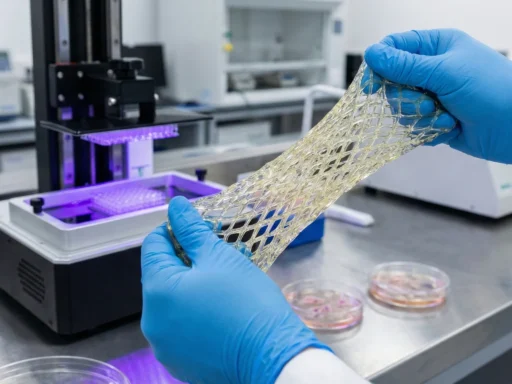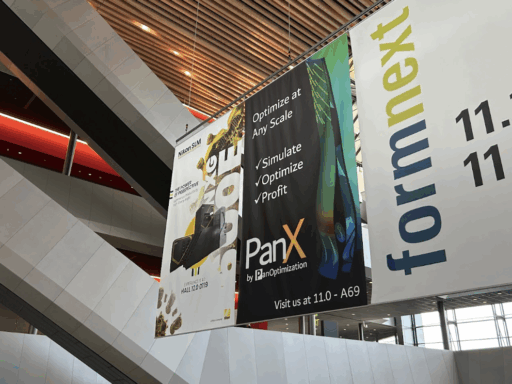The University of Cambridge’s Centre for Industrial Photonics (CIP) at the Institute for Manufacturing (IfM) has developed a pioneering manufacturing method with the potential to reshape sustainable industry: laser-assisted cold spray (LACS). This novel additive manufacturing process merges high-velocity powder streams with precise laser heating to build, coat or repair metal and ceramic-metal parts, with no drawbacks of high-temperature techniques.
“LACS enables more efficient, low-waste manufacturing and opens the door to sustainable product development,” said the CIP team lead, Professor Bill O’Neill. “It could significantly aid the transition to net zero.”
Unlike traditional thermal spraying or welding, requiring high temperatures that can degrade materials, LACS applies a laser to locally heat the substrate, reducing residual stress, improving adhesion, and preserving material integrity. This fast process saves much energy and can produce complex components or precision repairs on-demand.
Originally challenged by the high cost of helium, a key component in conventional cold spray, the CIP team found an innovative workaround by incorporating laser technology. Not only does this solution cut costs, but also overcomes size and design limitations, which is particularly beneficial in aerospace.
“Imagine trying to repair an aircraft wing panel – doing so within a helium recycling chamber just isn’t feasible,” explained Dr Andrew Cockburn, senior research associate. “Laser assistance gives us flexibility and control.” Potential applications range from electric vehicles and wind turbines to carbon capture systems and hydrogen storage. “The ability to customize material properties is a real game-changer,” added O’Neill.
With the global additive manufacturing market projected to exceed $70 billion by 2030, LACS offers the UK a great opportunity to grow its relatively small market share of around 7.6% currently. “We’re excited to work with industry partners to bring this unique and impactful technology to life,” CIP’s Dr Martin Sparkes concluded.
From sustainable repairs to next-gen components, chances are high that LACS will redefine manufacturing for the future.






